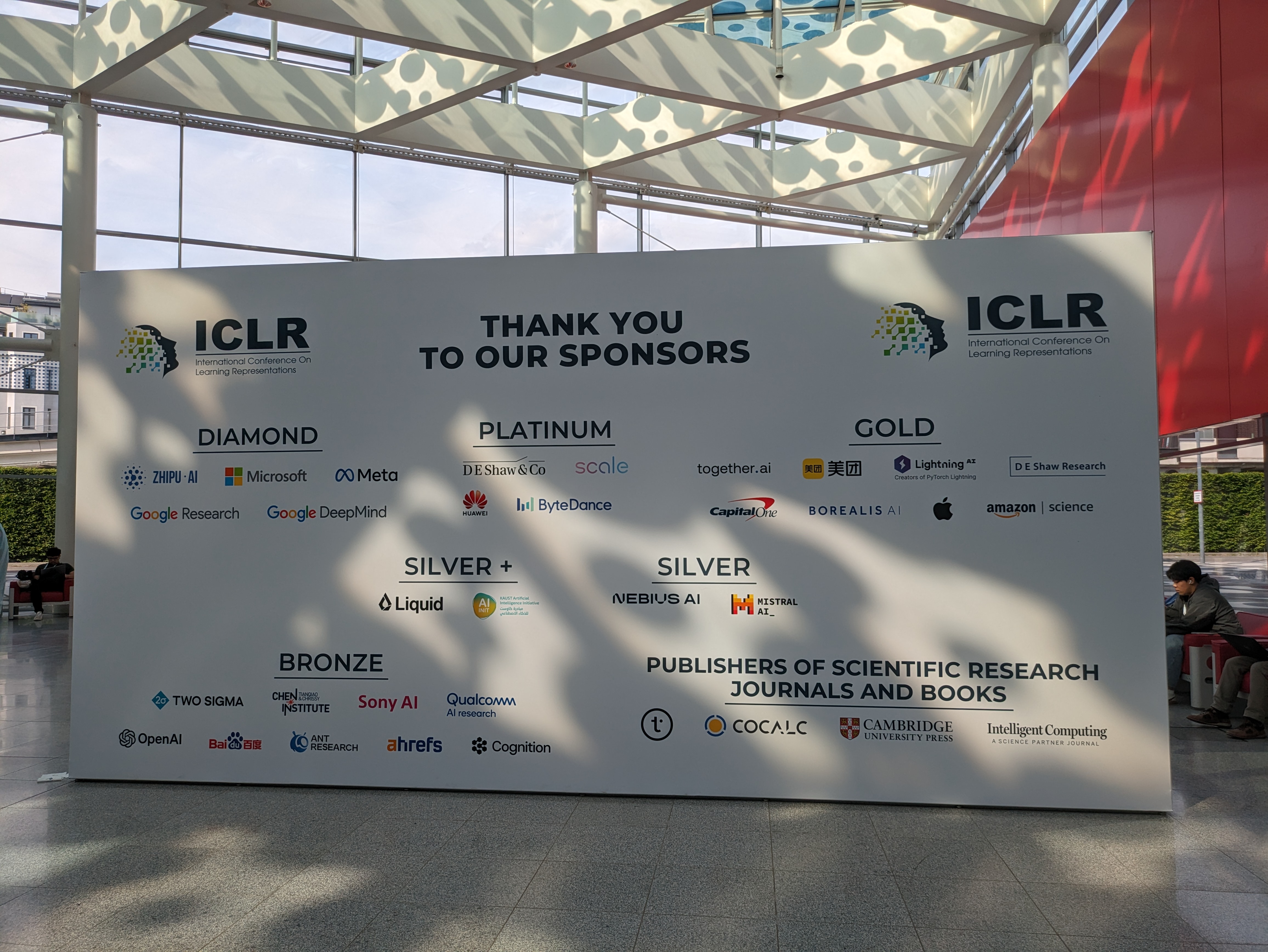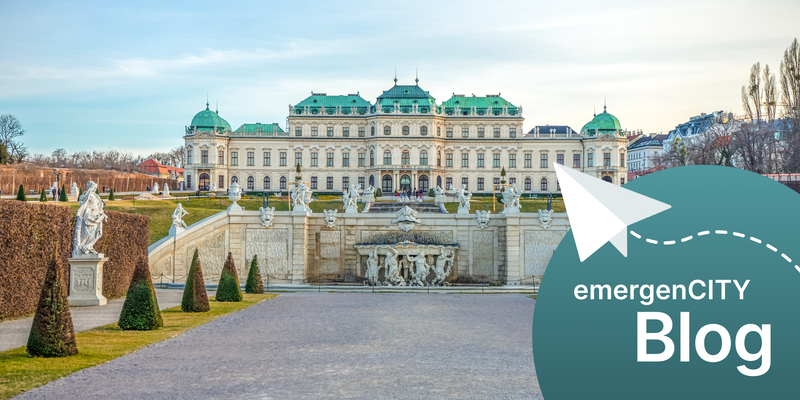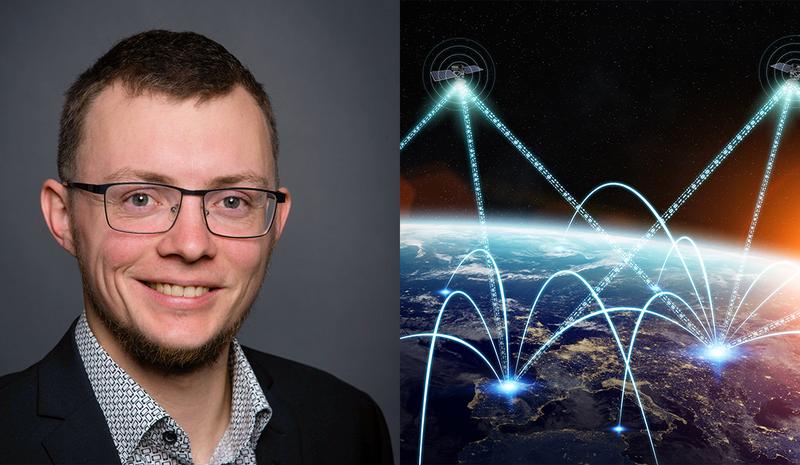My trip to the International Conference on Learning Representations (ICLR) from May, 7 to 11, 2024 in Vienna, Austria, was an enjoyable and educational experience. As a researcher in emergenCITY, I had the honor to present not only my own paper “Learning Decentralized Partially Observable Mean Field Control for Artificial Collective Behavior”, but also the paper “Learning Mean Field Games on Sparse Graphs: A Hybrid Graphex Approach”. These publications were carried out in collaboration with my colleague Christian Fabian from hessian.AI. The work also focused on scalable methods for decentralized control and analysis of large-scale systems with many elements.
The conference was an excellent and very broad forum where we could not only present our work to international experts in mean field games and game theory, but also discuss it with industry visitors such as Google Deepmind. In the technical poster sessions, we also gained further insights into current research topics closely related to our own, such as mean-field analyses of large neural networks or modern optimization methods with potential links to future work. The discussions thus had the benefit of shaping future research activities.
Overall, I had a positive impression of both the ICLR conference and Messe Wien. Vienna and Messe Wien are characterized by beautiful landscapes and a lot of space, despite the large number of inhabitants. I particularly liked the architecture. I would like to thank my colleagues and emergenCITY for their support, without which the trip would not have been possible.

Author:
Kai Cui is a PhD student and research assistant in the Self-Organizing Systems Lab at TU Darmstadt and part of the emergenCITY research area Communication (KOM). There, he is interested in the application of reinforcement learning and mean field methods to optimize network configurations and drone communication networks. He completed his Master of Science in Computer Science, Electrical Engineering and Information Technology with a focus on automation systems at TU Darmstadt in 2019.



